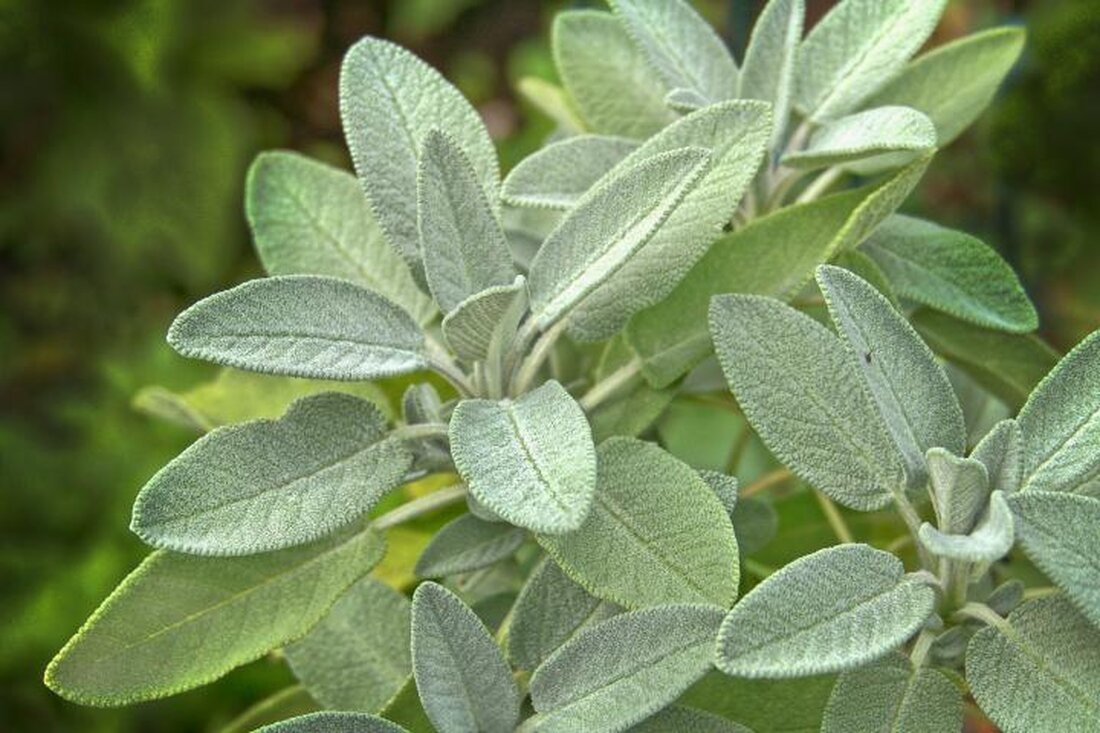Using Herbs in Fantasy Writing
In the Middle Ages, whether in Europe, China or elsewhere, the most common medicine came in the form of herbs. But what was believed back then does not always hold up to modern research. An herbalist is a professional trained in herbalism (the use of herbs). A midwife, a woman who cares for pregnant women from the prenatal stage through birth, often uses herbs in her craft. A pharmacist is a pharmacist who prepares and sells medicines and medicines, similar to a modern pharmacist. Medieval Folklore vs. Current Research Folklore surrounds herbalism. Angelica fennel and basil are said to protect against witches and garlic would of course ward off werewolves...

Using Herbs in Fantasy Writing
In the Middle Ages, whether in Europe, China or elsewhere, the most common medicine came in the form of herbs. But what was believed back then does not always hold up to modern research. An herbalist is a professional trained in herbalism (the use of herbs). A midwife, a woman who cares for pregnant women from the prenatal stage through birth, often uses herbs in her craft. A pharmacist is a pharmacist who prepares and sells medicines and medicines, similar to a modern pharmacist.
Medieval folklore vs. current research
Folklore surrounds herbalism. Angelica fennel and basil are said to protect against witches and garlic would of course keep away werewolves and vampires. In some cultures, basil is associated with scorpions; They feared that scorpions would grow under pots of basil and that smelling the aroma would actually cause scorpions to grow in the brain. But in Italy, suitors signaled their love by wooing with a sprig of basil in their hair.
Sage was considered the panacea of the Middle Ages, believed to cure everything from snake bites to mental illness. In truth, it doesn't help with all problems, but it has many positive properties. It reduces excessive sweating, helps with digestive problems, sore throats, premenstrual cramps and high blood sugar. It also helps prevent depletion of a neurotransmitter in the brain that is critical to brain function and, when combined with ginkgo, biloba and rosemary, may help prevent or slow Alzheimer's disease.
Fantasy purposes
In your own world building, you can choose to use existing herbs or create your own. I prefer a mix. I will use common herbs in many cases, but then I will invent one if I can't find one that has the properties I need. You can take inspiration from the unproven folklore or go for the tried and tested properties. The most important part, at least in a fantasy or medieval world, is that those who treat the sick believe in the treatment, not whether that treatment is medically useful.
Whether you use real herbs or invented ones, you should note where the plant grows, what it looks like, and what medicinal properties it has. I keep a table of the herbs I mention in my book along with their descriptive notes. There are many herbal guides available in book and online form. A search for 'herbs' will yield a good long list. If you're taking the realistic approach, be sure to check online sites to make sure it's not a roleplayer's or writer's list of herbs in their self-created worlds.
Definitions
When you think of herbal remedies, the first thing that comes to mind is herbal tea. But there are many different treatments for plants and other medicines. The following definitions were taken from their entries on Wikipedia.
An ointment is a viscous semi-solid preparation used topically on a variety of body surfaces. An ointment may or may not be medicinal.
A poultice is a soft, moist mass, often heated and medicated, that is applied to a cloth over the skin to treat a sore, inflamed, or painful part of the body. In general, a poultice should not be applied over an open wound because it may slow the healing process or cause infection.
A herbal tea, tisan or ptisan is a herbal tea that is not made from the leaves of the tea bush. (Types of "real" teas include black, oolong, green, yellow, and white tea.) Tisanes can be made with fresh or dried flowers, leaves, seeds, or roots, generally by pouring boiling water over the plant parts and letting them steep for a few minutes. Seeds and roots can also be cooked on a stovetop. The tisan is then strained, sweetened if desired and served.
A potion is a drinkable medicine or poison. Usually associated with magic.
A tincture is an alcoholic extract (e.g. from an herb) or a solution of a non-volatile substance.
An infusion is a method of preparing herbs in which 1 to 2 teaspoons of dried herbs or 2 to 4 fresh herbs (flowers and berries can be substituted) are “infused” or placed in oil or boiling water and then after about ten minutes is strained. Waiting too long to strain will result in bitter tasting herbs. The herb/botanical is then removed from the oil and the oil is used in the many formulas that require short-term infused oils.
When considering herb descriptions, the following terms from an herbal dictionary may be helpful:
Antiseptic: This herb fights and neutralizes pathogenic bacteria and prevents infections
Astringent: This herb has a constricting or binding effect, for example: one that inhibits bleeding or secretions by coagulating proteins on a soft surface
Hemostatic: This herb stops bleeding
Parasiticide: This herb kills parasites and worms
Tonic: This herb regenerates, nourishes and supports the entire body; it has a gently strengthening effect on the body
To use herbs effectively in your fiction, you should do your own research to decide which ones are suitable for your purpose. Even in a world where all herbs are of your creation, it would be beneficial if you were familiar with the terms I mentioned.

 Suche
Suche
 Mein Konto
Mein Konto
